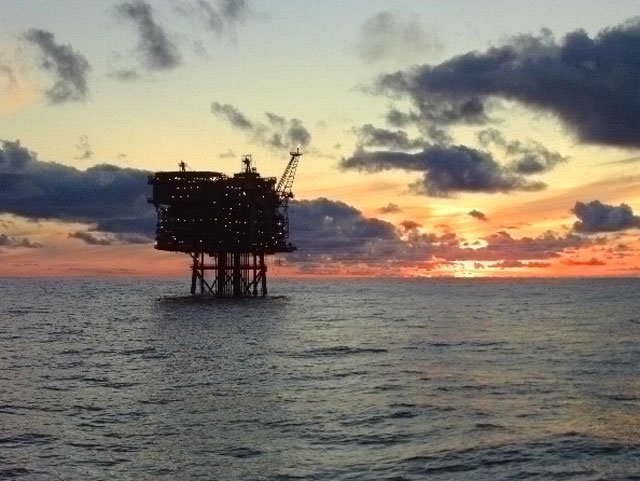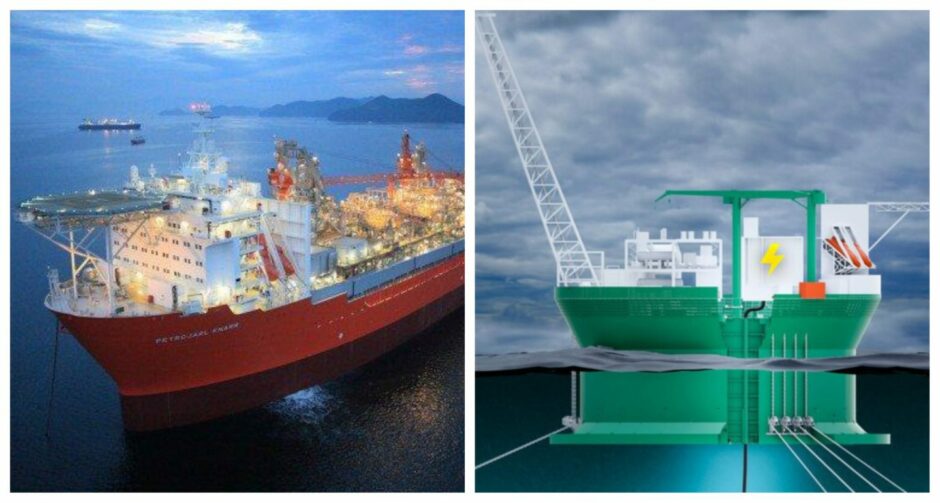Oil and gas companies need “fair access to finance” if they are to play their part in the push to net zero, the North Sea’s offshore trade body has claimed.
David Whitehouse, chief executive of Offshore Energies UK (OEUK), also stressed the need for “stable energy policies”.
This could unlock the private sector capital needed to drive forward energy transition, he said.
His comments come ahead of a rumoured UK Government summit focused on reversing the flight of capital from the North Sea. It is thought ministers will meet leading banks on Friday to push them to free up money for oil and gas companies.
But it is also understood that several of the invited financial institutions may not take up their seat at the table.
Finance drying up
Westminster’s windfall tax on the profits of North Sea producers has spurred many companies to cut back their spending and shelve planned projects.
At the same time, many financial institutions are under growing pressure to make environmental, social and governance principles a key pillar of their operations.
The result has been a sharp contraction in the pool of cash energy firms can dip into, an issue that is having a knock-on effect on the government’s energy security drive.
Mr Whitehouse said: “The UK is in a global race for energy investment.
“Unlocking private sector capital is the key to our energy security and the transition to a low-carbon world. To compete successfully, firms across the energy mix, including oil and gas, need fair access to finance and long-term, stable energy policies. As we build the future there is no simple choice between oil and gas on the one hand and renewables on the other. The reality is we need both.
“By the mid-2030s, oil and gas will still provide for 50% of our energy needs. By investing in homegrown production, we avoid costlier, less secure and higher carbon footprint imports, while supporting the infrastructure we need to make cleaner, more affordable energy in the UK, for the UK.”
He added: “Oil and gas fields decline naturally over time. The UK needs the churn of new licences to manage production decline in line with the maturing basin. There are currently 283 active oil and gas fields in the North Sea – by 2030 around 180 of those will have ceased production. If we do not replace maturing oil and gas fields with new ones, the rate of production will decline much faster than we can replace them with low carbon alternatives.”
Projects out of the pipeline
Parkmead Group and EnQuest have both axed high-profile North Sea projects in the wake of the windfall tax. There are fears in the industry that other, bigger developments – like Rosebank and Cambo, two of the UK North Sea’s largest remaining untapped fields – may face a similar fate.
Meanwhile, Harbour Energy – the UK North Sea’s largest producer – has opted out of the latest exploration licensing round in response to the government’s fiscal tinkering.
Environmental pressure groups feat more new projects will come on stream.
Alice Harrison, fossil fuel campaign lead at Global Witness, said: ”The government is making a desperate attempt to revive the UK’s dying oil industry at the expense of clean, cheap renewable energy. Bankers know full well the writing is on the wall for North Sea oil, which will take many years to come online, will mostly be exported and will do nothing for the UK’s energy security.”




Conversation